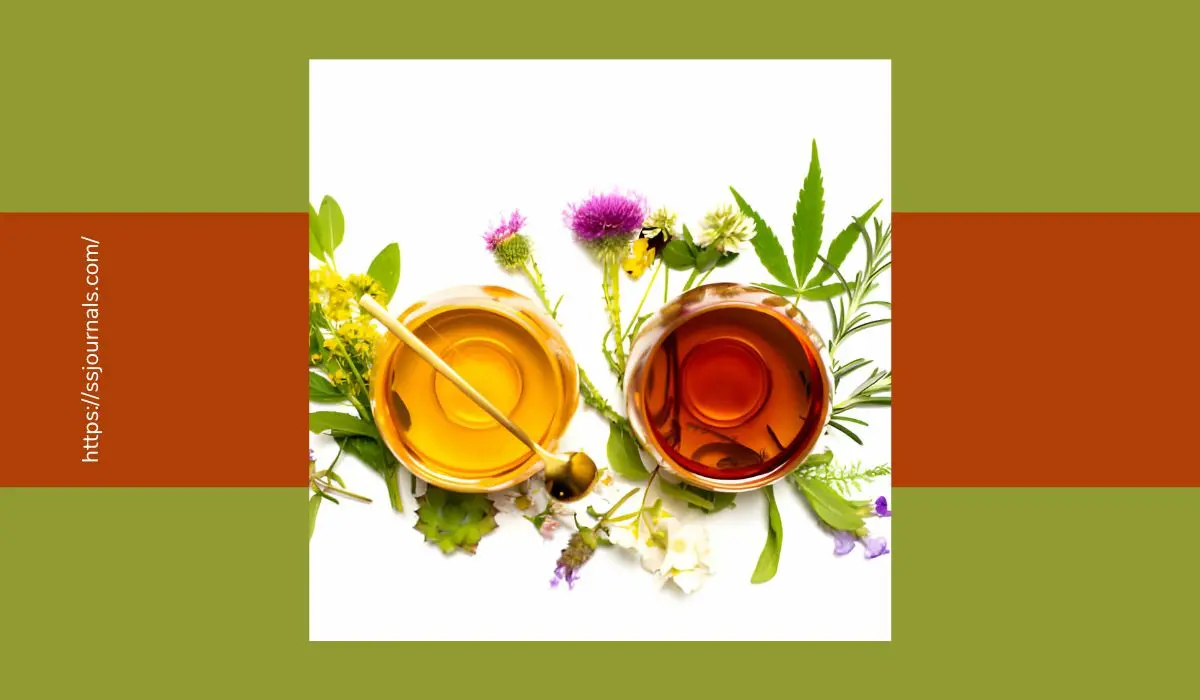Constipation is a common and unpleasant condition. It affects millions of people all over the world. Numerous causes of constipation range from dietary alterations to lifestyle elements. Many people choose over-the-counter medications first. However, herbal teas are gaining popularity as a remedy for constipation. Drinking a warm cup of herbal tea in the morning can be a soothing remedy that helps with constipation.
In this article, we will explore what constipation and herbal teas are and what types of herbal teas are. In addition, we will delve into the 6 best herbal teas for constipation relief. Lastly, we will look into the side effects and risks of herbal teas.
What Is Constipation?
Constipation is the term used to describe infrequent bowel movements. The stool is hard to pass. It may cause discomfort, bloating, abdominal pain, and a sensation of being “blocked.” Occasional constipation is widespread. It usually resolves on its own. Chronic constipation can greatly affect one’s life.

What Are Herbal Teas?
Herbal teas, also called tisanes, are drinks. They are made by soaking herbs, spices, or other plant matter in boiling water. Traditional teas such as black, green, and white tea come from the Camellia sinensis plant. In contrast, herbal teas are caffeine-free. They come in a huge variety of flavors and may offer health benefits.
6 Best Herbal Teas For Constipation Relief
Herbal teas come in various flavors and compositions. Each has its own set of properties and possible health benefits. Some popular and best herbal teas for constipation relief are:
Peppermint Tea:
Peppermint tea is famous for its fresh taste and digestive benefits. The tea relaxes the muscles of the gastrointestinal tract. This eases the passage of stool and provides constipation relief.
Ginger Tea:
Ginger tea is renowned for its anti-inflammatory attributes. Its hot and spicy taste increases digestion. It is preferred for calming upset stomachs, and this tea helps with constipation.
Senna Tea:
Senna tea is a potent senna plant leaf laxative. This method activates the intestines’ muscles. This increases intestinal contractions and helps with constipation. Nonetheless, it is a very potent agent. It should be used with care and under the supervision of a healthcare professional.
Dandelion Root Tea:
Dandelion root tea is famous for its detoxifying effects and liver support. It can also function as a gentle laxative. This helps relieve constipation and promote regular bowel movements. It is considered one of the best teas for constipation relief.
Licorice Root Tea:
People favor licorice root tea for its sweet, calming taste. They also like it because it can treat constipation. It has some ingredients that help to soften the stool and promote the movement of the bowels. Hence, it is a mild but successful cure.
Fennel Tea:
Fennel tea has a mild taste with an anise-like flavour. It is mainly used to help with indigestion and constipation. It has oils, which soothe the muscles of the intestines, making the movements of the bowel to be free.
Historical Background Of Teas for Constipation Relief
Herbal teas have been used for medicinal purposes since time immemorial. Ancient cultures took advantage of the healing properties of plants. They used them to cure various conditions, including constipation.
In traditional Chinese medicine, for example, herbal teas are tailored to the individual’s constitution. They are also customized for specific health issues. Likewise, Ayurvedic medicine has been established in India for thousands of years. It uses herbal teas to harmonize the doshas of the body and to enhance general health.
– Risks of Herbal Teas
Herbal teas can provide natural relief from constipation. However, it is important to understand the possible risks of herbal teas and their side effects. Some considerations include:
– Interaction with Medications
Some of the herbs in herbal teas may interfere with drugs or worsen your health condition. It’s important to consult a healthcare professional before adding herbal teas to your routine. This is especially true if you take prescription medications.
– Dehydration
Certain herbal teas, senna tea, for example, can cause dehydration in case of overdose. It is necessary to drink a lot of water while using herbal teas for constipation relief. Dehydration can harm the body and make it difficult for the body to function properly in other areas.
Electrolyte Imbalance: Overuse of herbal laxatives, like senna tea, can disturb the body’s electrolyte balance. This can cause serious complications. These teas should be used seldom and with the help of a healthcare provider. Always be mindful of the risks of herbal teas before consumption.
Side Effects
Herbal teas may cause side effects in some individuals. These potential risks include:
Digestive Upset:
Some people may feel gastrointestinal pains, bloating, or diarrhea when they drink certain herbal teas. This is especially true for teas with laxative solid effects.
Allergic Reactions:
People with allergies to specific herbs or plant materials can develop allergic reactions to herbal teas. Consider allergies and sensitivities. Avoid teas with problematic ingredients.
Summary
To sum up, herbal teas are known for many health benefits, but do they really relieve constipation? Several herbal teas have properties that can ease constipation and improve bowel regularity. These include peppermint, ginger, senna, and licorice root. But, consult healthcare specialists and use caution before making herbal teas part of your daily routine. This is especially important if you have a health condition or take medication. Among the best herbal teas for constipation relief, choose one that suits you. They can add comfort and healing to your collection of digestive wellness products.
FAQs
Senna, peppermint, and dandelion teas are the best herbal teas for constipation relief and digestion. They act as laxatives. Choose carefully and get medical advice if you are unsure.
Some teas are very laxative, or people at risk have them. Though tea helps with constipation, research and consulting are considerable.

